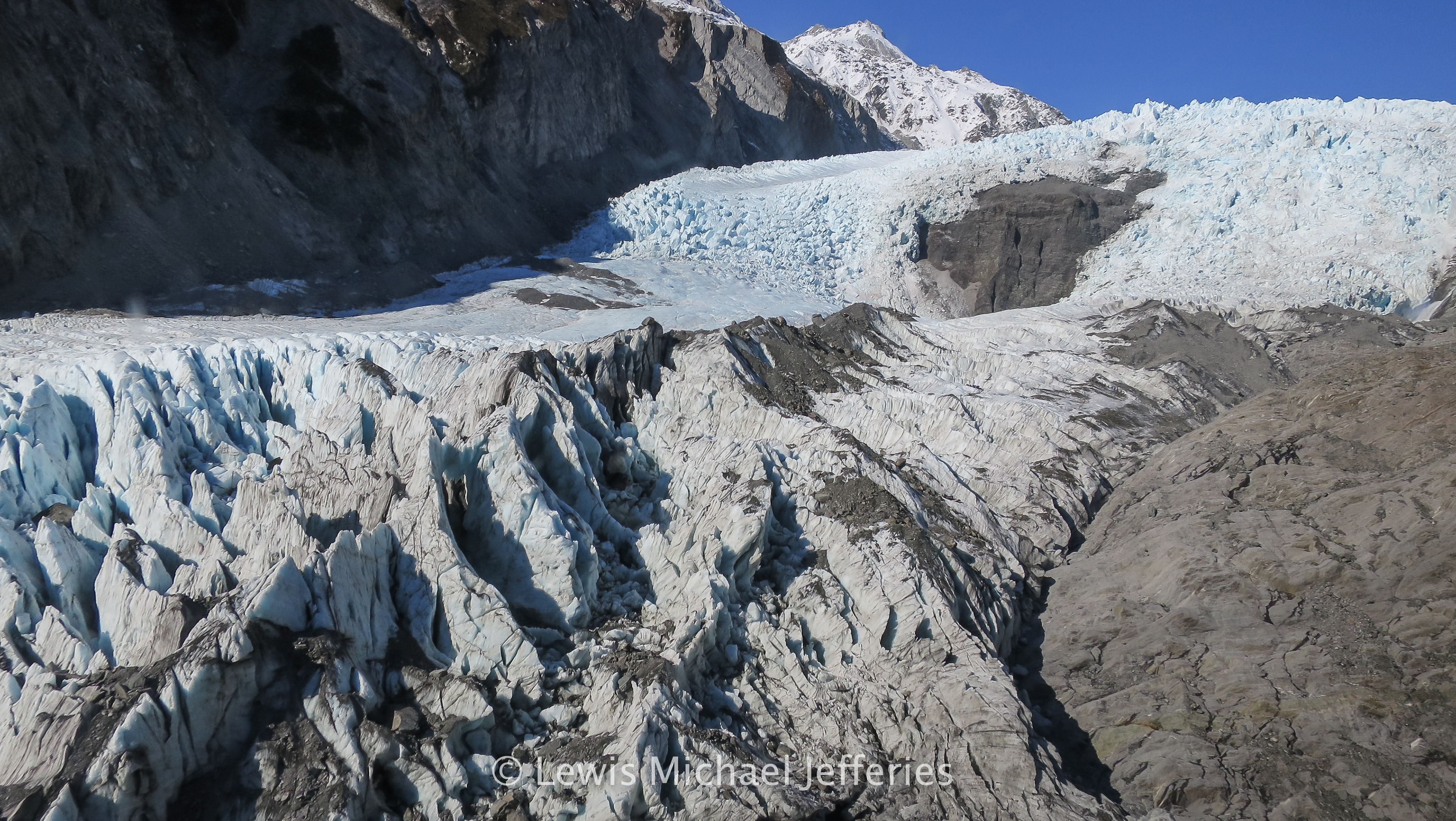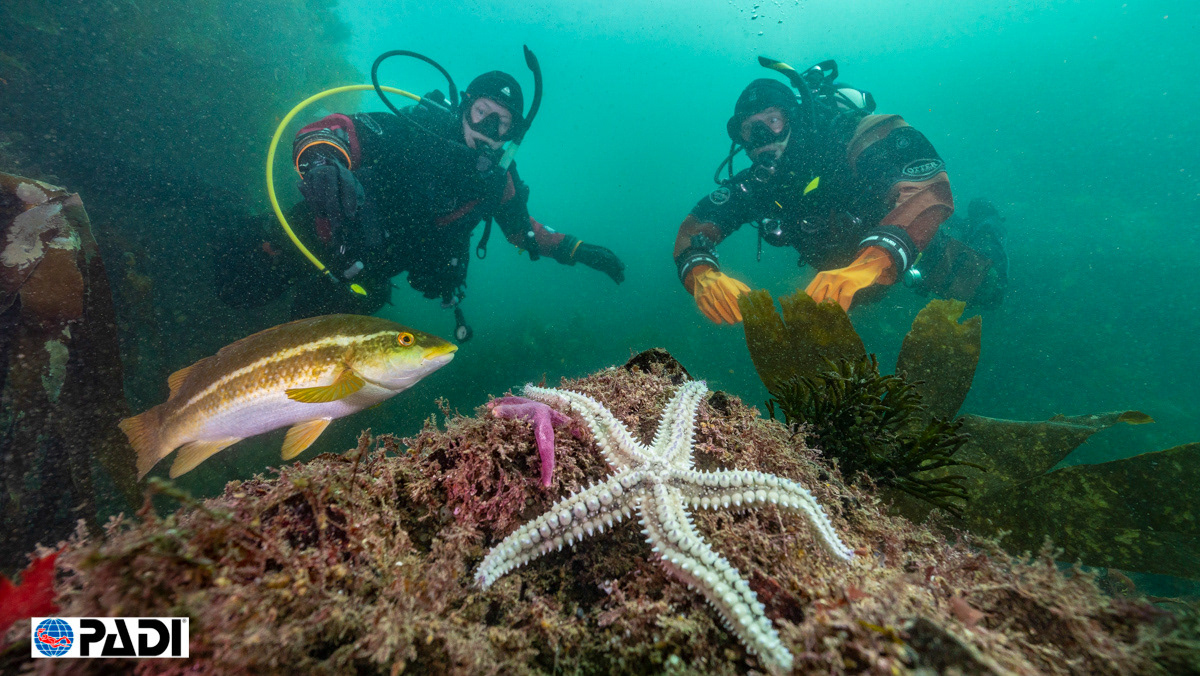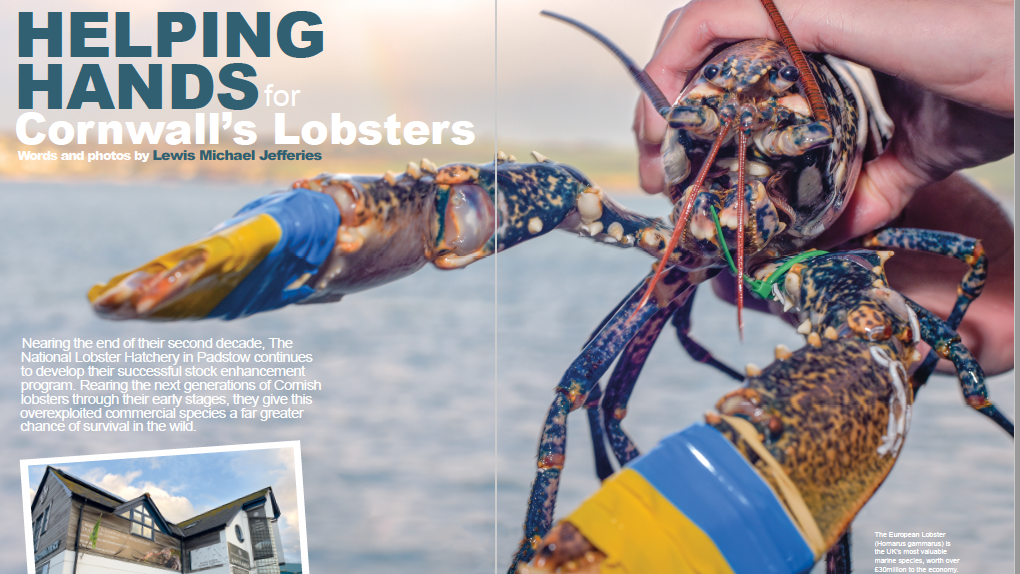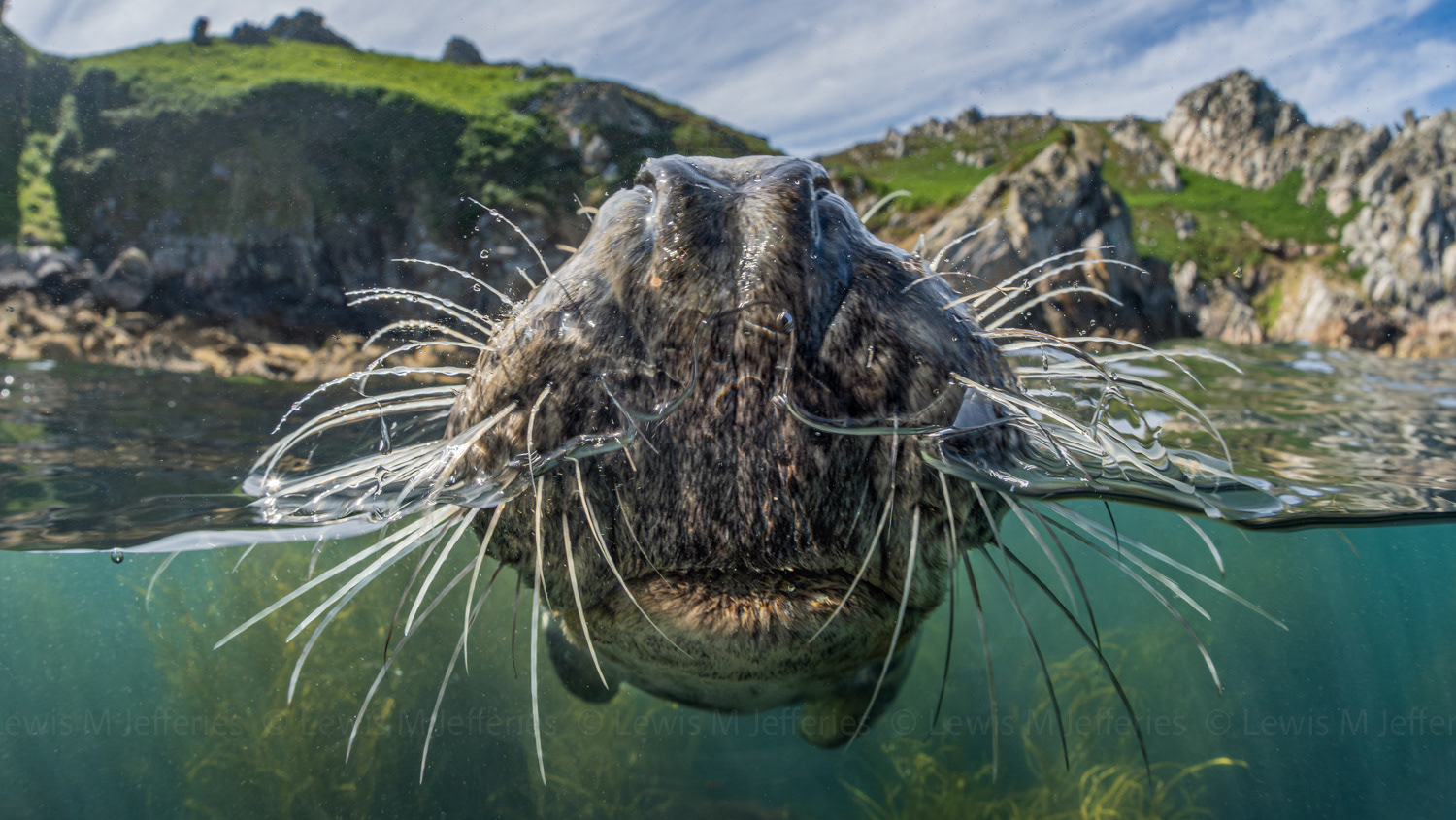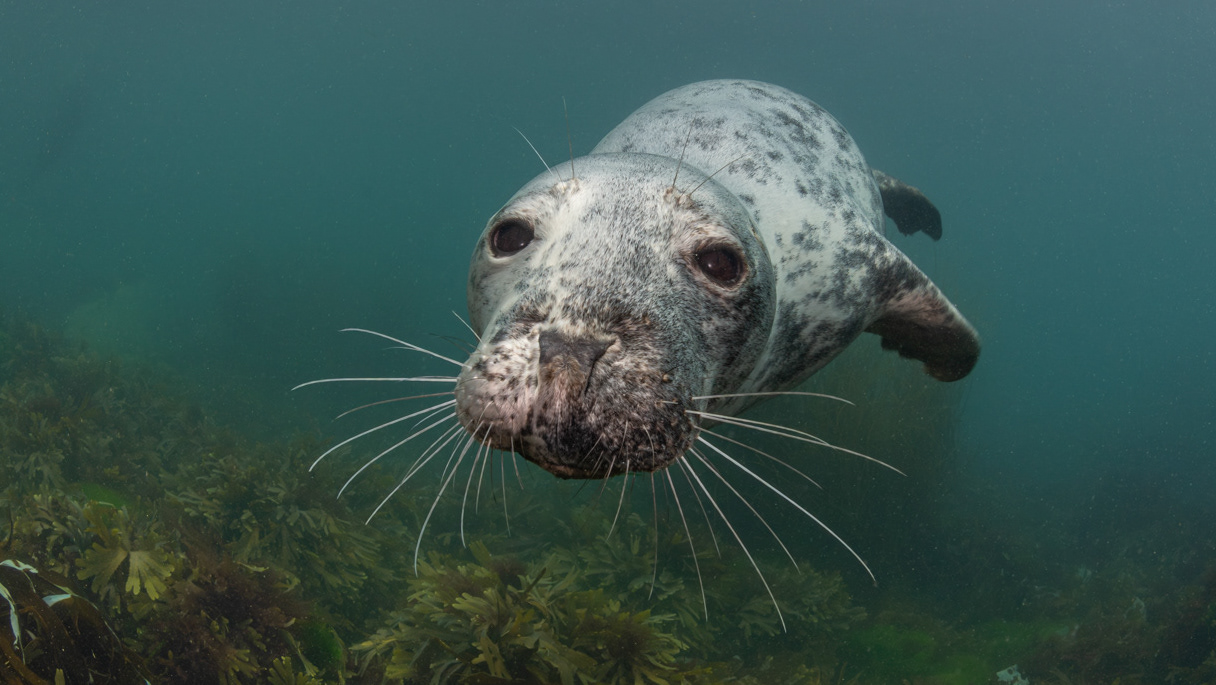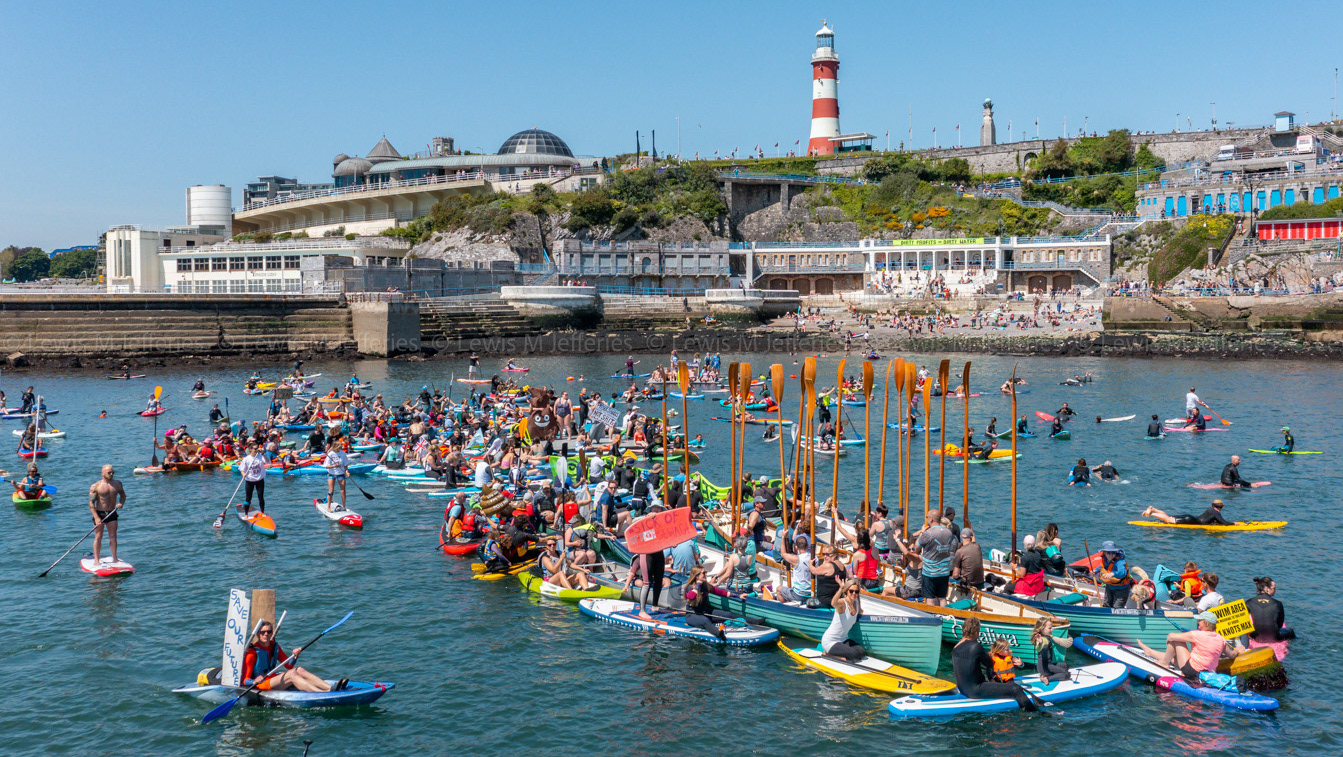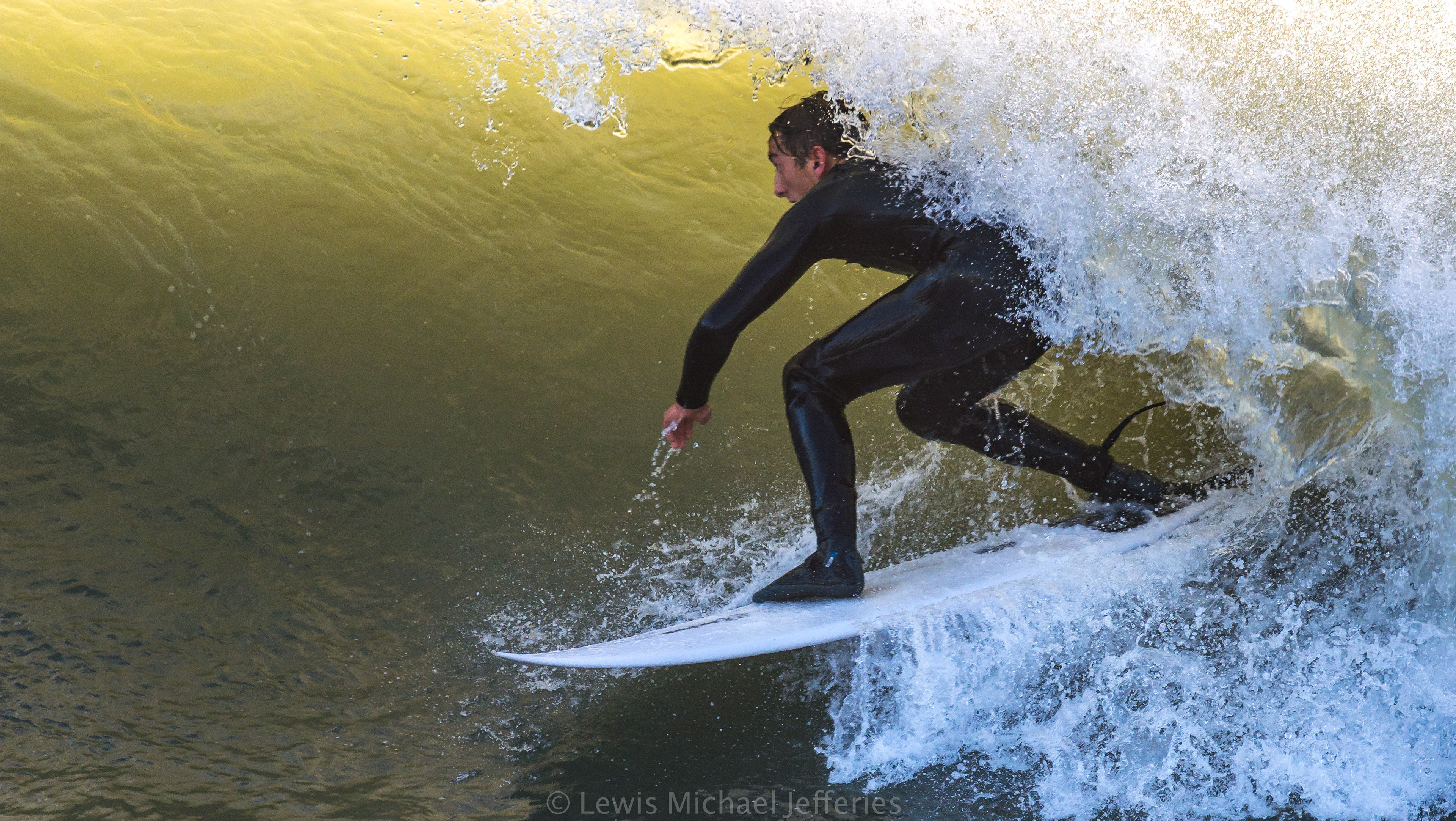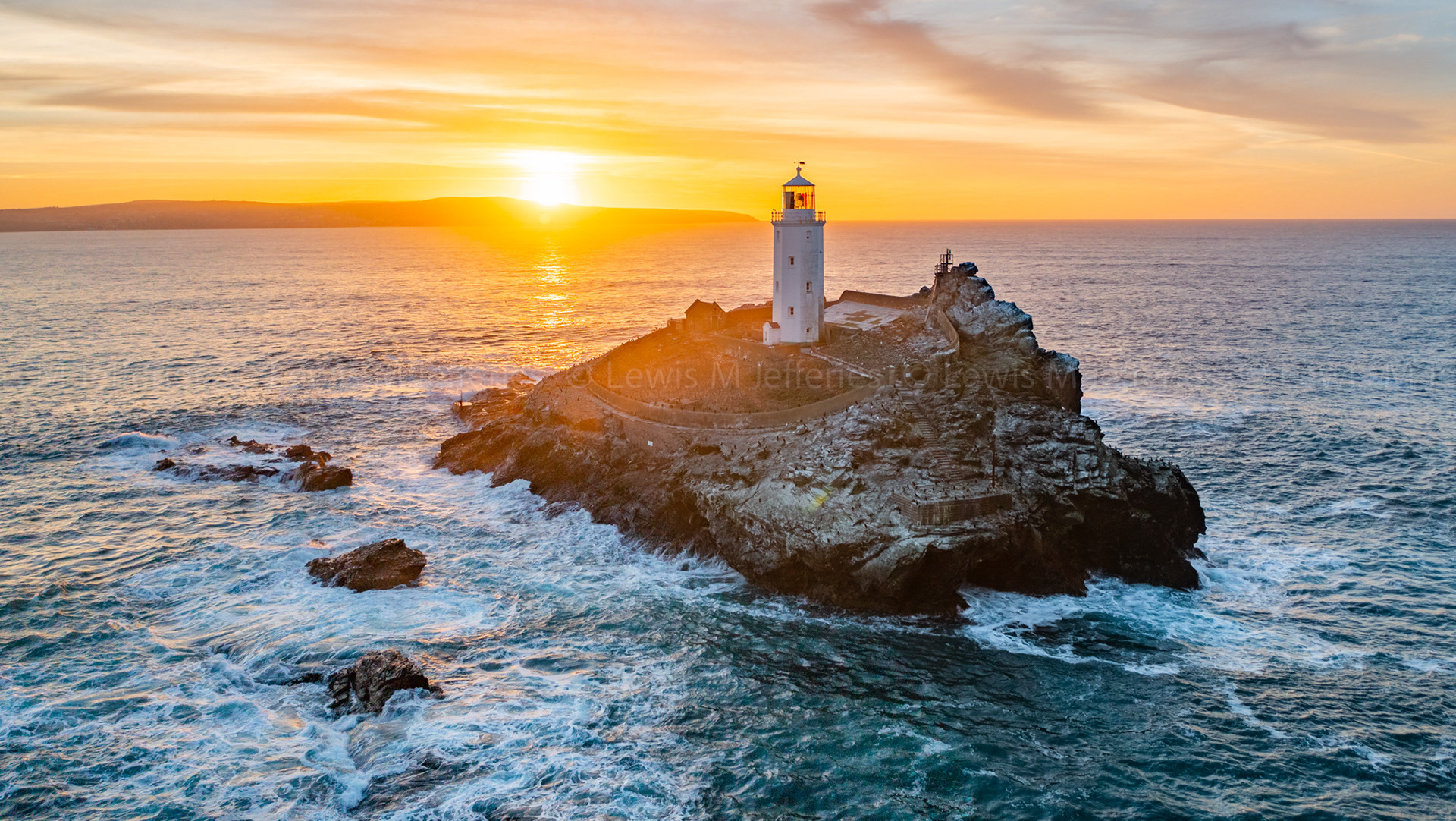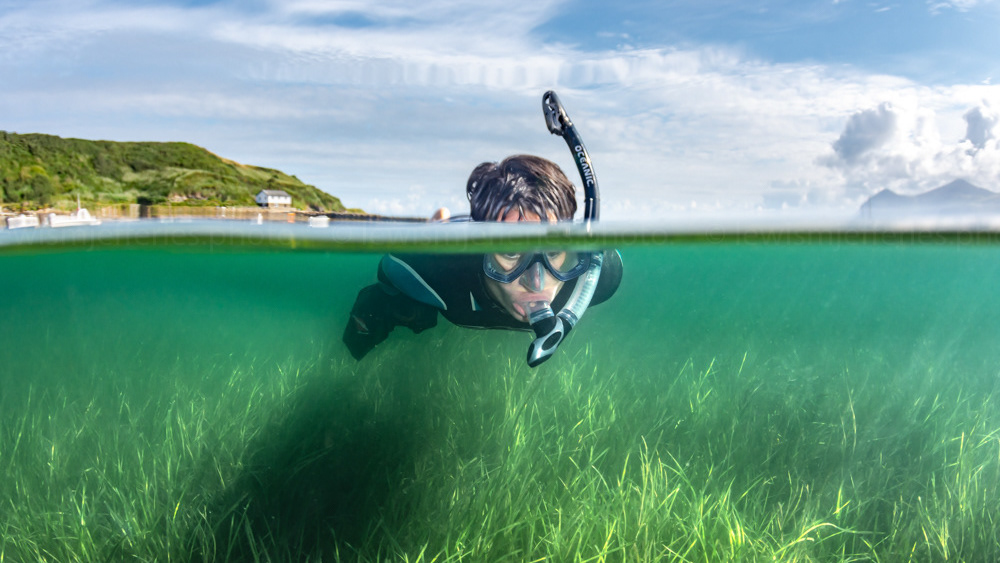A juvenile male whale shark glides over the shallow reef edge, thermoregulating its body temperature before diving back to deeper depths. The majority of whale sharks found in the South Ari Atoll are juvenile males with an average size of 5.5 meters.
Dhigurah Island on the south eastern edge of the South Ari Atoll, home base for the Maldives whale shark research programme with easy access to the South Ari Marine Protected Area (SAMPA).
Traditional whale shark hunting tools, used to catch, restrain and slice open sharks before the hunting ban in 1995. Whale sharks were slaughtered for their livers which are rich in oil. This oil was used to waterproof the Maldivian fishing boats before they had access to synthetic oils.
Local fisherman Abdul Gayyoom Aboobakur displays his personal collection of shark hunting tools. His late father was an experienced shark fisherman and taught Gayyoom how to hunt for Whale sharks when he was a young boy. These large hooks - crafted by hand - were used to hook a Whale shark through its mouth to restrain the animal and prevent it from diving down.
The MWSRP research vessel. A traditional Maldivian Dhoni boat; owned and operated by a local Maldivian family. This provides the local people with a decent salary and shows the importance and benefits of marine conservation.
Lead Infield Coordinator Basith Mohamed and research volunteer Laura, gather data on vessels in the South Ari Marine Protected Area (SAMPA). They record information such as type of vessel, what it is used for, how many passengers are onboard and if they are breaking any rules. The data is passed on to the Maldivian government to help create management plans and enforce stricter rules in the MPA. This is designed to help protect the unique and fragile marine ecosystem of the Maldives.
Basith and Chloe - in-field coordinators - give volunteers a briefing on code of conduct when swimming with a whale shark. Strict rules - including never touching the shark - ensure a peaceful and safe encounter for both sharks and people.
Whale shark encounter code of conduct sheet.
Lead in-field coordinator Basith checks the health of a whale shark and captures ID photographs that will later be entered in to the MWSRP shark database called the Big Fish Network
Tourists abiding by the correct code of conduct. People must stay more than 3 meters from the head and body of a shark and 4 meters from the tail, and never obstruct the path of the Whale shark. This gives the shark enough space to continue with its natural behaviour - undisturbed - and allows a longer, more pleasurable encounter for the shark and people.
Basith Mohamed and Chloe Winn check wind speed and direction using an anemometer and compass.
A volunteer records water temperature after encountering a whale shark. This data is collated and analysed and over time trends can form to show temperature patterns during the presence of whale sharks.
Recording whale shark encounter data such as depth, direction of travel and whether the whale shark was affected by or reacted to an encounter with tourists.
A hoard of tourists fight over a glimpse of a whale shark. Often, codes of conduct are broken by guests and operators leading to a potentially dangerous encounter for both shark and people.
An injured juvenile whale shark manoeuvres through a busy encounter where rules are being broken. Often encounters can get very cramped for both parties.
‘The Big Fish Network’, an online citizen-science app, developed by the founders of MWSRP to establish a regional monitoring network of wildlife tour guides to increase awareness and stewardship of marine megafauna in the Maldives.
Basith Mohamed uses a drone to scan the channel for whale sharks and other megafauna outside Dhigurah island after a busty day on the water collecting data.
The future of the whale sharks in the Maldives is uncertain. However, to help safeguard this unique aggregation, stricter rules are needed throughout the Maldives to prevent further disturbance and injury to the sharks.

